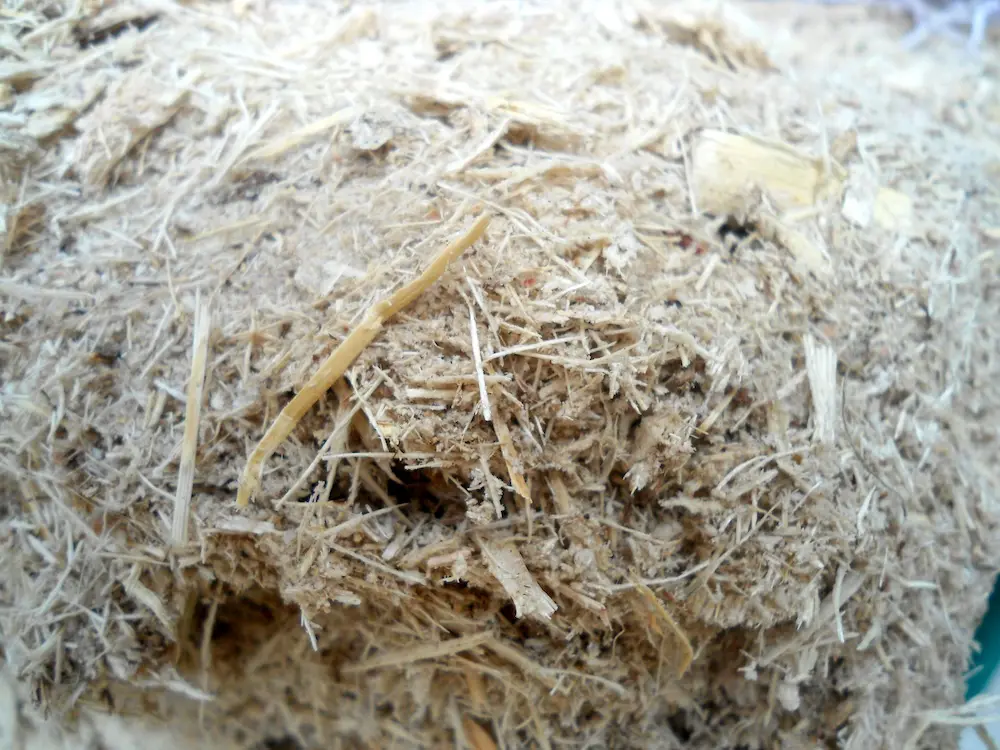Exploring Sugarcane Products: Versatile Uses and Benefits
The exploration of sugarcane products discloses an amazing variety of applications that extend well beyond the familiar world of sugar. As we examine the complex payments of sugarcane, one could question just how these diverse uses can reshape sectors and way of lives in a rapidly developing globe.
Review of Sugarcane
Although sugarcane is usually linked primarily with sugar production, it is a versatile crop with an abundant history and numerous applications. Grown in subtropical and tropical regions, sugarcane prospers in well-drained dirts and cozy climates, contributing considerably to numerous economies worldwide. This seasonal yard, belonging to the genus Saccharum, can grow to elevations of approximately 4 meters, showcasing its robust nature.
Past its key duty in sugar extraction, sugarcane functions as an essential source for various byproducts. The fibrous deposit, referred to as bagasse, is used for creating bioenergy and as a raw product for producing paper and naturally degradable items. Additionally, molasses, a by-product of sugar refining, is rich in nutrients and commonly made use of in pet feed and fermentation processes.
Sugarcane also plays a significant function in standard medications and cultural practices in a number of regions, highlighting its importance beyond commercial use (sugarcane product). With the raising focus on sustainable agricultural practices, sugarcane is being checked out for its potential in biofuels and carbon capture, placing it as a vital player in the transition towards renewable power resources. Hence, the convenience of sugarcane expands far past the boundaries of sugar manufacturing
Sugarcane in Food Products


Beyond sugar, sugarcane is the resource of energy-rich products such as jaggery and panela, which are traditional unrefined sugars utilized in several cultures. These products not just sweeten foods yet likewise impart nutritional advantages and distinct tastes.
Sugarcane juice, a refreshing drink appreciated in many exotic regions, showcases the plant's versatility. It is often taken in fresh or fermented right into alcoholic beverages like rum.
In addition, sugarcane fibers, referred to as bagasse, are occasionally made use of to create food packaging products, highlighting the environmental advantages of sugarcane handling. In general, sugarcane's contribution to foodstuff is diverse, enhancing tastes, offering nutritional value, and playing a substantial role in cooking customs all over the world.
Industrial Applications of Sugarcane
In various markets, the convenience of sugarcane prolongs much past its culinary read this applications. Sugarcane functions as an important resources in the manufacturing of biofuels, especially ethanol, which is increasingly made use of as a renewable energy source. This biofuel is acquired through fermentation and distillation processes, giving a lasting alternative to nonrenewable fuel sources and adding to a reduction in greenhouse gas exhausts.

Additionally, the sugarcane sector has actually discovered applications in pharmaceuticals, where its elements are utilized in the formulation of different medical items. The natural substances extracted from sugarcane show antimicrobial and antioxidant buildings, enhancing the efficiency of specific medications.
Last but not least, sugarcane is essential to the manufacturing of an array of chemicals, consisting of glycerol and organic acids, which are important for different industrial processes. These applications highlight sugarcane's considerable function in advertising commercial sustainability and advancement.
Environmental Benefits of Sugarcane
The diverse applications of sugarcane not just improve industrial procedures however additionally contribute dramatically to environmental sustainability. As an eco-friendly source, sugarcane growing plays an essential duty in carbon sequestration, soaking up significant quantities of carbon dioxide from the atmosphere. This process assists mitigate climate modification by reducing greenhouse gas focus.
Furthermore, sugarcane by-products, such as bagasse and molasses, provide eco-friendly alternatives to traditional materials. Bagasse, the Extra resources coarse deposit after juice extraction, can be used as a biomass fuel, reducing reliance on nonrenewable fuel sources and advertising cleaner power sources. In addition, molasses can be changed into bioethanol, even more supporting sustainable energy efforts.
Sugarcane farming also advertises biodiversity and dirt health. Sustainable farming techniques, such as intercropping and crop turning, boost soil fertility and minimize erosion. In addition, the crop's deep root system aids in water retention, thereby improving and sustaining regional ecological communities resilience versus dry spell.
Health Advantages of Sugarcane
Rich in all-natural sugars and vital nutrients, sugarcane offers various health and wellness advantages that make it a useful addition to a well balanced diet plan. Its high fiber material aids in digestion, promoting gut health and preventing irregular bowel movements. In addition, sugarcane is a source of antioxidants, which battle oxidative tension and may lower the danger of chronic conditions.
Moreover, sugarcane juice is understood for its hydrating properties, making it an outstanding drink choice, specifically in warm climates. The natural sugars existing in sugarcane offer a quick energy increase, advantageous for athletes and those taken part in exercises. It likewise consists of vital nutrients, such as vitamin C, potassium, calcium, and magnesium, which add to overall wellness.
Studies suggest that sugarcane might help manage blood sugar levels, making it a more effective sweetener for people with diabetes mellitus when eaten in small amounts. In addition, its anti-inflammatory residential or commercial properties can support liver health and wellness and help in cleansing.
Final Thought
In final thought, sugarcane arises as a very flexible plant with considerable contributions to different industries. The spin-offs of sugarcane, such as bagasse and molasses, promote green practices, while its health and wellness benefits enhance overall health.
Although sugarcane is usually connected largely with sugar production, it is a versatile crop with an abundant background and countless applications.Beyond its main function in sugar removal, sugarcane serves as an essential source for numerous spin-offs. Mostly recognized for generating sugar, sugarcane is changed right into granulated sugar, brownish sugar, and molasses, each serving unique cooking purposes.Rich in important nutrients and all-natural sugars, sugarcane uses numerous health benefits that make it an important enhancement to a well balanced diet regimen. The all-natural sugars existing in sugarcane give a fast energy boost, beneficial for athletes and those engaged in physical activities.